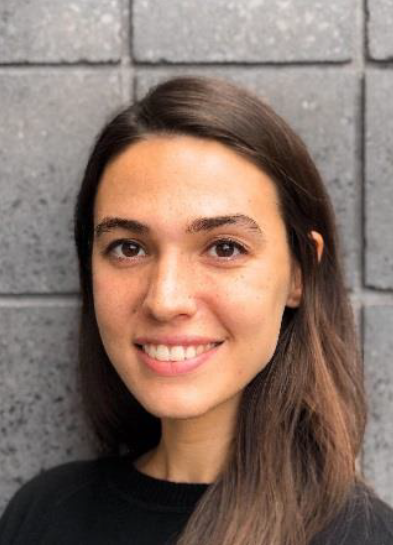Global Scholar Elisabeth Tadiri
Elisabeth Tadiri
London School of Hygiene and Tropical Medicine, University of London, United Kingdom
Master of Science in Public Health
Elisabeth Tadiri, who graduated from Brown University in May 2016, was chosen to represent District 7930 as the 2020 Global Scholar in the Rotary Foundation’s Area of Focus of Disease Prevention and Treatment.
Elisabeth, who lives in Cambridge, has a Bachelor of Arts degree in Community Health and Business, Entrepreneurship, and Organizational Studies from Brown University. She is passionate about disease prevention and treatment, especially in the context of equity and human rights, as evidenced by her long-term commitment to health-related volunteer work with organizations including Food Recovery Network, Partners In Health Engage, Boston Area Gleaners, and the MGH Asylum Clinic. She also has significant professional global health experience: at Partners In Health, the World Health Organization (WHO), Ariadne Labs, Brigham and Women’s Hospital Department of Global Health Equity, and Massachusetts General Hospital (MGH) Center for Global Health.
As a Rotary Global Grant Scholar, she completed the MSc Public Health course at the London School of Hygiene and Tropical Medicine (LSHTM), a world-renowned institution, consistently ranked as one of the best in the world for graduate studies and research impact, and home to top investigators in the field of global health. For the first two terms, she participated in course-based learning and explored a diverse range of interconnected health topics. LSHTM also has several research centers, such as the Centre for the Mathematical Modelling of Infectious Diseases, which collaborates with partners such as WHO and Médecins sans Frontières to do real-time outbreak analysis. This is an area of work in which Elisabeth is particularly interested, because she has seen first-hand, how outbreaks can affect social, political and economic stability, both at the point of origin, and globally. Her aim is to better understand the characteristics and transmission dynamics of communicable diseases, and improve models to help make more informed decisions, especially in epidemic scenarios. This unique research center offers a chance to use geospatial analysis skills, to collaborate with experts on current disease outbreaks, and to impact practical control programs for those outbreaks.
Some of these communicable diseases in which she is particularly interested are Neglected Tropical Diseases (NTDs). NTDs are a category of disease which largely affect the poorest, most vulnerable populations, and contribute to cycles of poverty and disease. In fulfillment of the MSc final research project, she has conducted a research collaboration with Dr. Antonio Montresor, medical officer at the WHO Department of Neglected Tropical Disease, who served as her internship supervisor in 2014.

.png)












